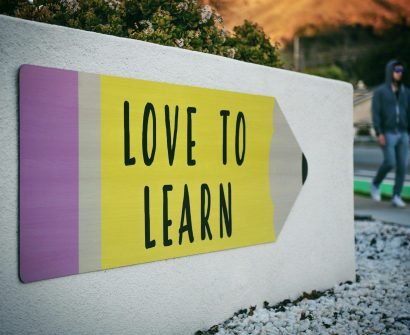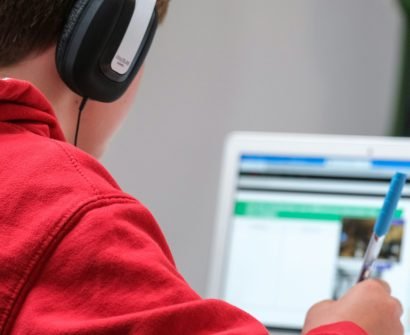Currently Empty: $0.00

The Importance of Soft Skills in Education
In today’s fast-paced and competitive world, academic success alone is not enough to ensure a prosperous future. While knowledge and technical skills are undoubtedly important, the value of soft skills cannot be underestimated. Equipping students with essential soft skills like communication, teamwork, and problem-solving is crucial to prepare them for success beyond academics.
Communication Skills
Effective communication is a cornerstone of success in every aspect of life. Whether it’s expressing ideas, collaborating with others, or resolving conflicts, strong communication skills are essential. In an educational setting, students with good communication skills are more likely to excel in group projects, presentations, and discussions. These skills also play a vital role in building positive relationships with teachers, peers, and future employers.
By incorporating activities that promote effective communication, such as debates, role-plays, and presentations, educators can help students develop their verbal and non-verbal communication skills. These activities not only enhance students’ ability to express themselves clearly but also encourage active listening and empathy.
Teamwork Skills
In today’s interconnected world, the ability to work collaboratively is highly valued by employers. Teamwork skills enable individuals to contribute effectively to a group, respect diverse perspectives, and achieve common goals. By fostering teamwork skills in the classroom, educators can prepare students for the collaborative nature of the professional world.
Group projects, team-building exercises, and cooperative learning activities are excellent ways to develop teamwork skills. These activities encourage students to share responsibilities, solve problems collectively, and appreciate the strengths of their peers. By working in teams, students also learn important interpersonal skills, such as conflict resolution, compromise, and effective leadership.
Problem-Solving Skills
In a rapidly evolving world, the ability to think critically and solve complex problems is highly sought after. Problem-solving skills enable individuals to analyze situations, identify solutions, and make informed decisions. By equipping students with these skills, educators empower them to face challenges with confidence and adapt to changing circumstances.
Engaging students in activities that require critical thinking and problem-solving, such as puzzles, debates, and case studies, can enhance their problem-solving abilities. These activities encourage students to think creatively, consider multiple perspectives, and apply their knowledge in real-life situations. By developing problem-solving skills, students become more independent, resourceful, and resilient.
Conclusion
While academic knowledge and technical skills are undoubtedly important, the value of soft skills should not be overlooked. Communication, teamwork, and problem-solving skills are essential for success in today’s world. By incorporating activities that foster the development of these skills, educators can equip students with the tools they need to thrive academically, professionally, and personally.





